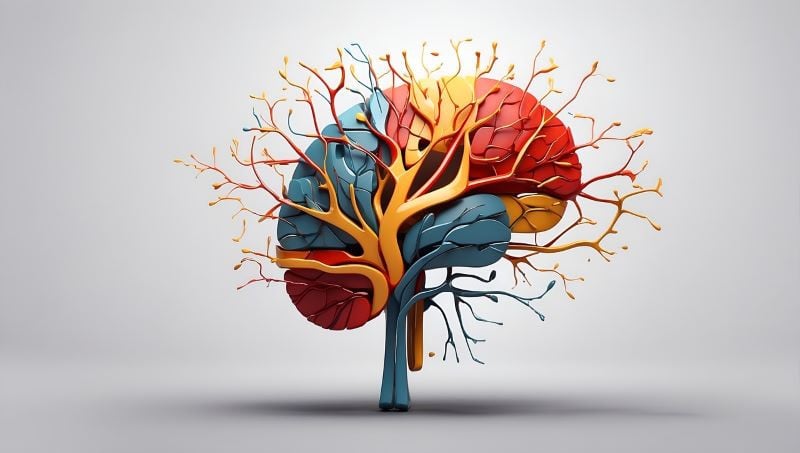For the first time, scientists have discovered that some cells in the human body retain memory functions. Contrary to conventional wisdom, the brain alone houses the memory. According to the article published in Nature, it is possible that the body, particularly the cells of the immune system, store information on previous contact with pathogens. Scientists may now rethink the mechanism of memory and cell behavior.
The Discovery
This study, performed by a Stanford University group, was interested in immune cells’ ability to “remember” experiences with pathogens. Known as “epigenetic memory,” this ability permits cells to modify their responses in light of previous exposures. It is traditionally associated with heredity; epigenetic memory allows cells to change memory-like reactions in an individual’s lifetime.
Dr. Emily Chen leads this new study and explains how it works: “We have found that certain body cells contain an ability to remember past incidents and react to similar stimuli once encountered before. The cells ‘remember’ stimulation by different stimuli. When these cells encounter it later, they react rapidly, with increased efficiency, as though they remember.” The research focused mainly on immune cells, but it might apply to a cell type akin to skin and muscle cell memories.
Methodology
Scientists stimulated immune cells with specific bacterial infections and recorded the responses over time to study this cellular memory. They found that upon re-exposure, these immune cells responded more promptly and effectively if they were already exposed to a certain pathogen. This is some form of cellular memory. According to Dr. Chen, “It is not conscious memory, which we think of it, but some kind of cellular adaptation that simulates functions of memory.”
Opinions of Experts
“This finding represents an extremely bright new direction for immunology,” notes molecular biologist Dr. Sarah Patel, who is not associated with this study. Knowing how cells have any kind of memory and respond to infection could change everything when designing a vaccine and provide avenues toward a far more effective form of personalized medicine. We may even design therapies that teach what they should do and train these cells to recognize and perhaps neutralize diseases better and quickly.
Dr. Robert Grayson, neuroscientist, added, “For decades, memory has been the domain of the brain alone. The study forces us to revise that and re-conceptualize the cellular functions within the body.” There are also accompanying microscopic images illustrating how the unique patterns of the immune cells occur after pathogen exposure. After a similar pathogen re-exposure, they later exhibit the same pattern, visually justifying cellular memory.
Broader Implications for Medicine and Biology
Cellular memory might unlock new medical applications, from enhanced immune responses, seen in personalized medicine, to potentially influencing the realization of fields such as regenerative medicine while casting insight on degenerative diseases.
Read Also:Trump’s Re-Election Sparks Pentagon Concerns Over Military Leadership and “Loyalty” Prioritie
A Shift in Biological Understanding
The discovery of the potential of memory functions outside the brain has opened up the horizon of our understanding of human biology. Cells in the body retain adaptive responses, and scientists may take new therapeutic approaches in various fields, which will raise more questions and raise public interest in these areas.
Summary
This discovery opens new avenues for medical research and potential applications in immune system enhancement, vaccine development, and personalized medicine. Future studies will test whether other cells display similar memory mechanisms, which could lead to innovative treatments and further illumination of what memory at the cellular level might look like. The research is a big step toward defining memory outside of the brain.















